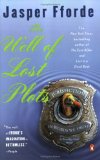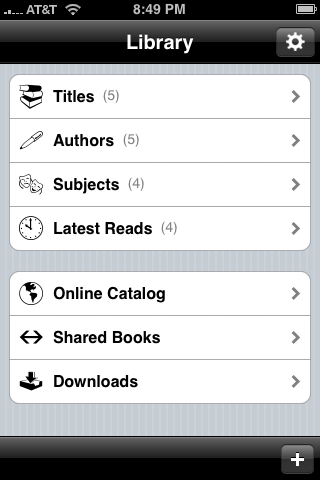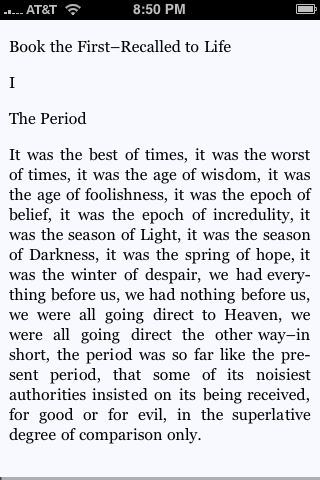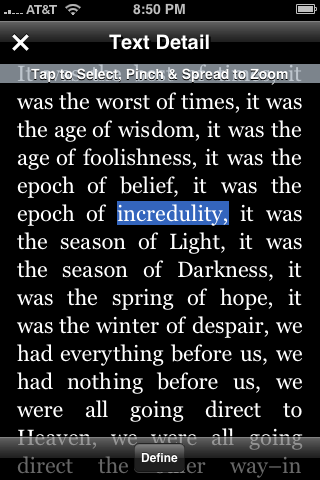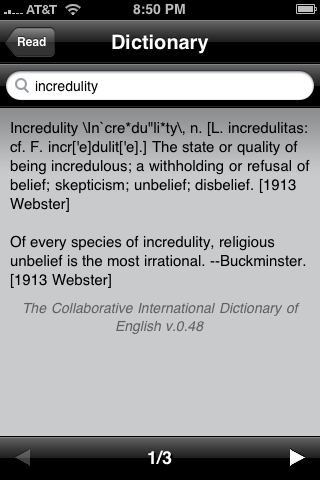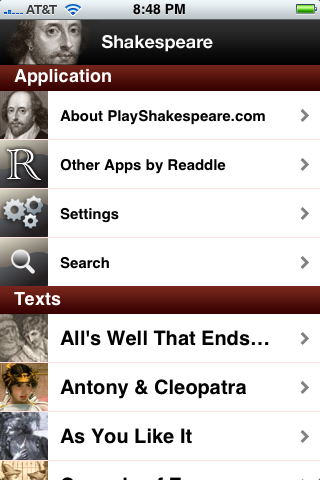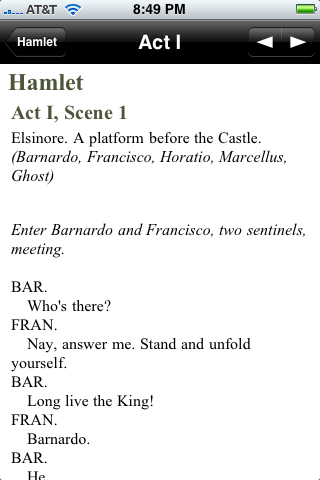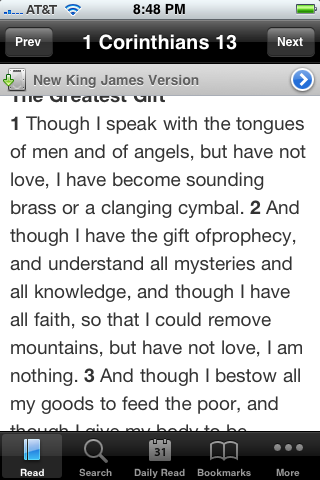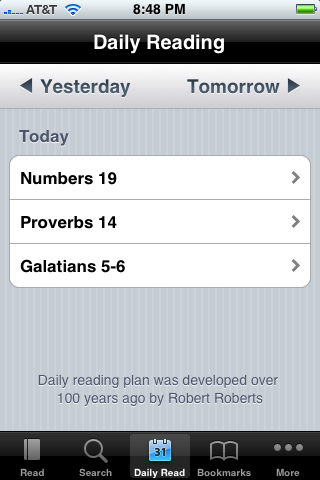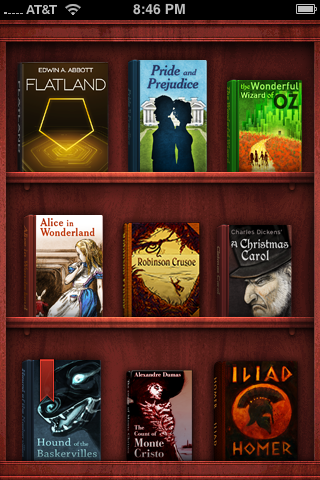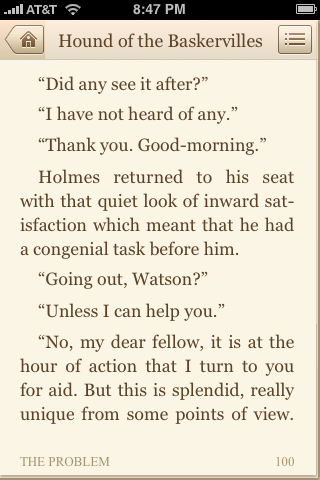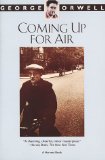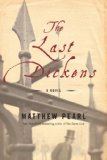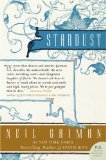Yesterday I read the chapter “Character” in Francine Prose’s Reading Like a Writer, and she used examples from Jane Austen’s novels Sense and Sensibility and Pride and Prejudice in order to illustrate characterization both through exposition and dialogue. I found myself agreeing with much of what Prose says in this chapter. Of Austen’s characterization of Mr. John Dashwood and his wife:
Austen is more likely to create her men and women by telling us what they think, what they have done, and what they plan to do. What matters most is how Mr. Dashwood views his own good deed. In that marvelous barbed sentence in which everthing hinges on one word, then—”He then really though himself equal to it”—Austen hints at how long his generosity will last, how long he will continue to rise above himself. Mr. John Dashwood is thrilled by his charity, which, it should be emphasized, is in fact not magnanimity but fairness. He meditates on his benevolence with such self-regard and self-congratulation, with such acute awareness of how his actions will seem to others, and with so much unacknowledged regret and obsessivenss that we can easily imagine how strongly his resolve will withstand his wife’s suggestion that he may have been a bit hasty. (121-122)
The bit of characterization that Prose quotes from Sense and Sensibility occurs after Mr. John Dashwood has promised his father that he will take care of his stepmother and half sisters.
When he gave his promise to his father, he meditated within himself to increase the fortunes of his sisters by the present of a thousand pounds a-piece. He then really though himself equal to it. The prospect of four thousand a year, in addition to his present income, besides the remaining half of his own mother’s fortune, warmed his heart, and made him feel capable of generosity.—”Yes, he would give them three thousand pounds: It would be liberal and handsome! It would be enough to make them completely easy. Three thousand pounds! he could spare so considerable a sum with little inconvenience.”—He thought of it all day long, and for many days successively, and he did not repent. (qtd. in Prose 121)
From Pride and Prejudice, Prose quotes an early passage of dialogue between Mr. and Mrs. Bennet regarding Mrs. Bennet’s request that Mr. Bennet visit Mr. Bingley in order to introduce the family to the new resident of Netherfield and thereby increase the prospects that one of the five Bennet girls will marry him, at least in Mrs. Bennet’s mind. The characterization Austen accomplishes in this conversation is, in fact, one of the reasons the novel endeared itself to me early on. As Prose says,
The calm forbearance which Mr. Bennet answers his wife’s first question (“he replied that he had not”) provides and immediate and reasonbly accurate idea of his character. Driven to impatience, she says what he was expecting to hear: namely, that a rich young man has moved into the neighborhood. When Mrs. Bennet crows, “What a fine thing for our girls!” we can assume that Mr. Bennet knows the answer before he asks if their new neighbor is married or single. And he’s toying with his wife when he inquires, “How can it affect them?” (qtd. in Prose 127)
Later, Prose comments on the subtle characterization of Elizabeth Bennet, whom we haven’t met in person, through her relationship to each of her parents.
The next paragraph establishes Lizzy’s role in the family; she’s neither so beautiful as Jane nor so pleasant as Lydia, but she is gifted with an intelligence that endears her to her father. Austen invites us to consider a general truth that we may have observed about what sort of girl becomes her father’s favorite in a family of daughters. Elizabeth’s intelligence means more to her father than it does to her mother, who is perhaps more attuned to the fact that intelligence may not be a virtue in a young woman whom one hopes to marry off. (127-128)
Prose makes some excellent points about characterization in the whole chapter, using other examples from novels with which I am not familiar. As I read, I thought about the fact that all of my favorite novels had excellent characters and characterization at their heart. Even more than plot, characterization seems to be what appeals to me as a reader. The books I’ve devoured most quickly and enjoy re-reading universally have good characters—people I would like to know (and people I wouldn’t!). They are people who seem very real to me. The heart of a good novel, to me, is its characters. I have actually enjoyed books that are not written well if the characters are real to me in some way (Twilight series).
Here is my short list of books with excellent characters:
- Pride and Prejudice, Jane Austen
- Sense and Sensibility, Jane Austen
- The Mists of Avalon, Marion Zimmer Bradley
- Wuthering Heights, Emily Brontë
- Thursday Next series, Jasper Fforde
- The Graveyard Book, Neil Gaiman
- The Bean Trees, Barbara Kingsolver
- The Poisonwood Bible, Barbara Kingsolver
- To Kill a Mockingbird, Harper Lee
- The Thorn Birds, Colleen McCullough
- Twilight, Stephenie Meyer
- Gone with the Wind, Margaret Mitchell
- Ahab’s Wife, Sena Jeter Naslund
- The Rapture of Canaan, Sheri Reynolds
- Harry Potter series, J. K. Rowling
- The Guernsey Literary and Potato Peel Pie Society, Mary Ann Shaffer and Annie Barrows
- A Midsummer Night’s Dream, William Shakespeare
- Much Ado About Nothing, William Shakespeare
- The Myth of You and Me, Leah Stewart
I’m fully aware of the wide range of literary merit displayed in this list, but one thing I think all the books do have in common is that they all have memorable, well-drawn characters.


